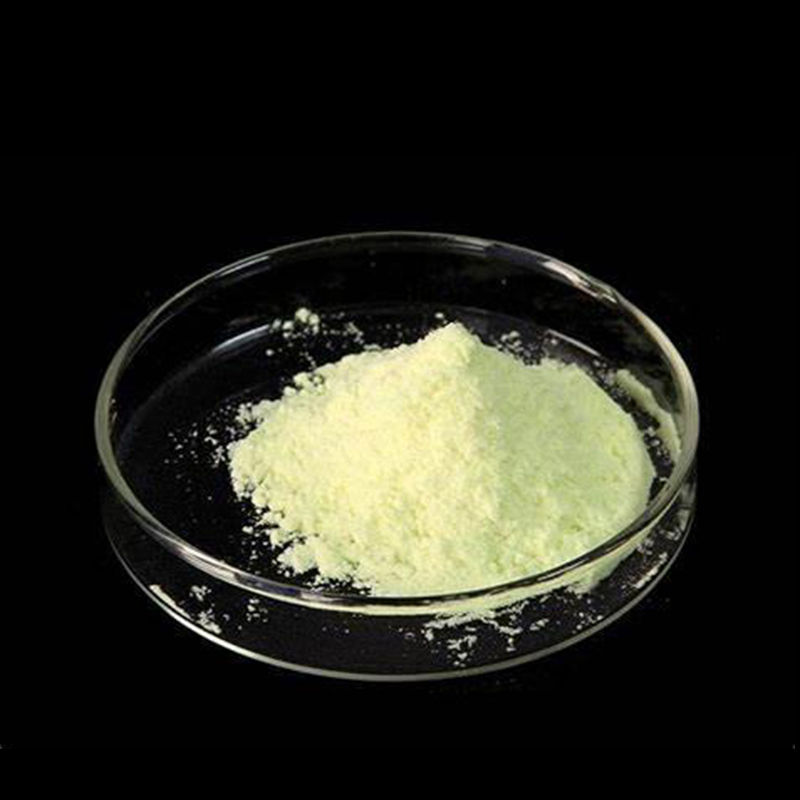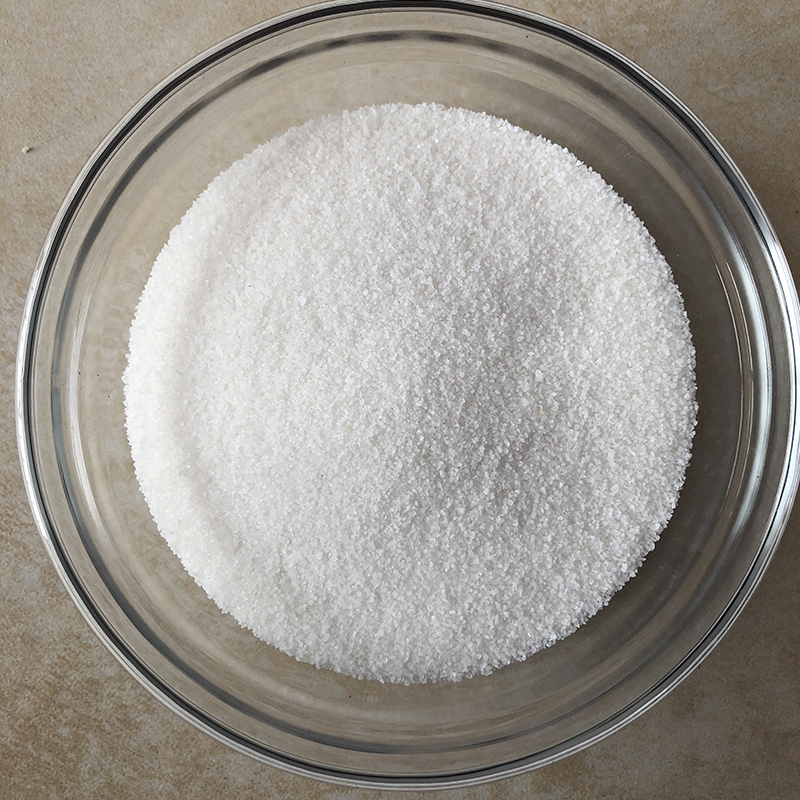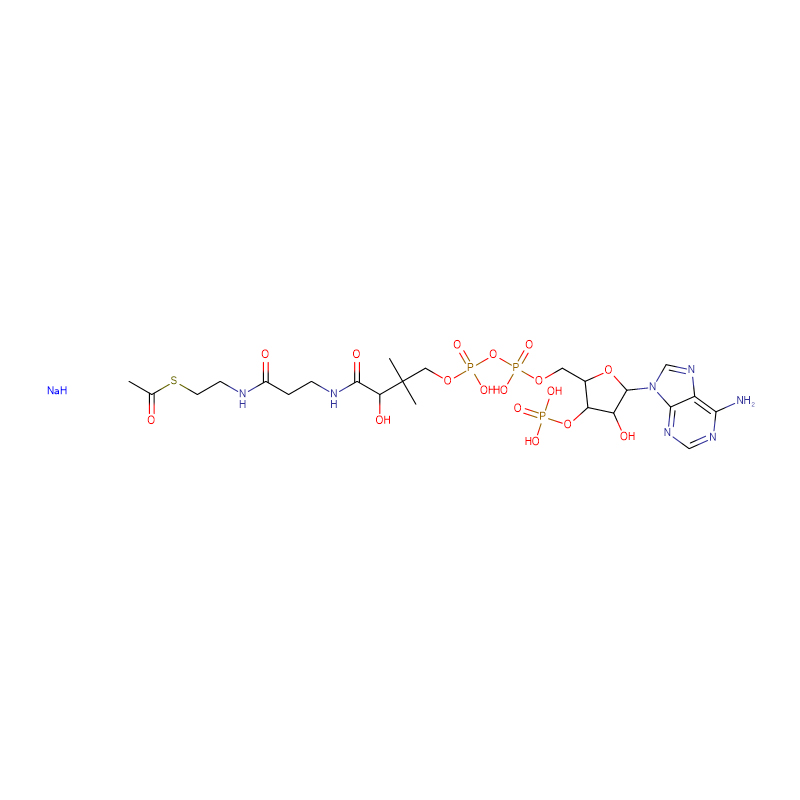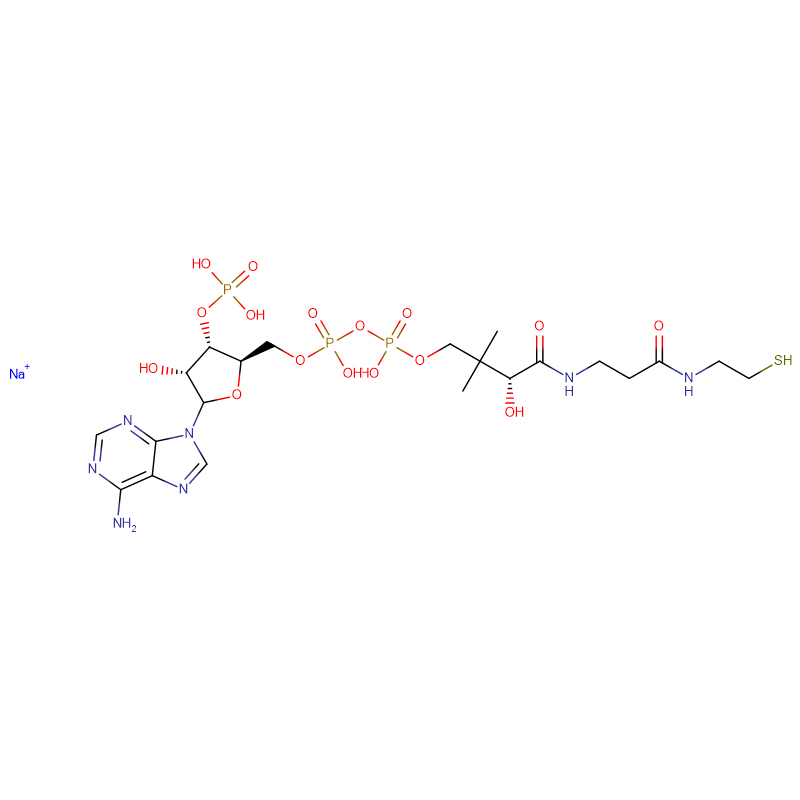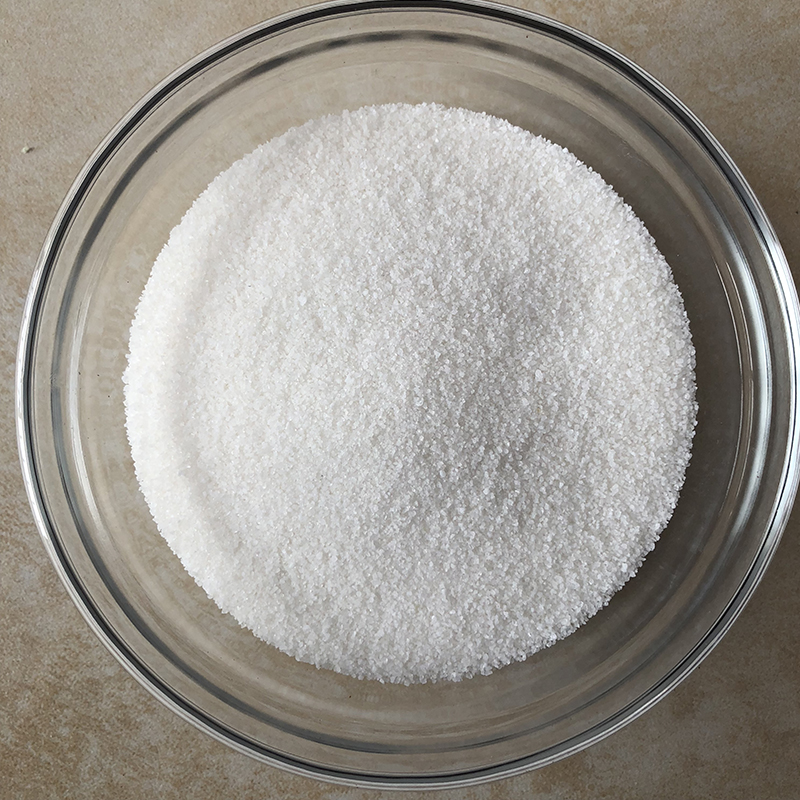Lipase from porcine pancreas CAS:9001-62-1 Brown to beige powder
| Catalog Number | XD90387 |
| Product Name | Lipase from porcine pancreas |
| CAS | 9001-62-1 |
| Molecular Formula | N/A |
| Molecular Weight | N/A |
| Storage Details | 2 to 8 °C |
| Harmonized Tariff Code | 35079090 |
Product Specification
| Ash | <12% |
| AS | <2mg/kg |
| Pb | <2mg/kg |
| Water Content | <8% |
| Assay | 99% |
| Enzyme Activity | >30000u/g |
| Appearance | Brown to beige powder |
| Coliform Group | <30MPH/100g |
| For research use only, not for human use | research use only, not for human use |
The alteration of triglyceride (TG) metabolism in vascular smooth muscle cells (SMC) is likely to be correlated with certain phenotype, though this has not been elucidated. Adipose triglyceride lipase (ATGL) exerts major TG catalytic activity in both adipotic and non-adipotic cells. In the present study, we isolated SMC from ATGL-deficient mice (ATGL(-/-)mSMC). ATGL(-/-)mSMC showed spontaneous TG accumulation with lower mitogenic response and smooth muscle actin (SMA) expression compared to ATGL (+/+)mSMC. Percentage of senescence-associated _-galactosidase positive cells was also increased in ATGL(-/-)mSMC. Real-time PCR followed by screening with focused DNA array analysis revealed up-regulated expression of glucokinase (1.7-fold), lipoprotein lipase (3.8-fold) and interleukin-6 (3.7-fold) and down-regulated expression of vascular endothelial growth factor-A (0.2-fold), type I collagen (0.5-fold), and transforming growth factor-_ (0.4-fold) in ATGL(-/-)mSMC compared to ATGL(+/+)mSMC. Next, ectopic gene transfer of human ATGL was attempted using doxycycline (Dox)-regulatable myc-DDK-tagged adenovirus vector (AdvATGL). AdvATGL infection resulted in a reduction of TG accumulation with elevated mitogenic response and SMA expression, and decreased in senescent cell numbers in ATGL(-/-)mSMC. Moreover, deviated gene expression pattern in ATGL(-/-)mSMC was potentially corrected. Our data suggest that ATGL(-/-)mSMC have a distinct phenotype that may be related to vascular pathogenesis. Plasticity of SMC phenotypes correlated to lipid metabolism could be a therapeutic target.


